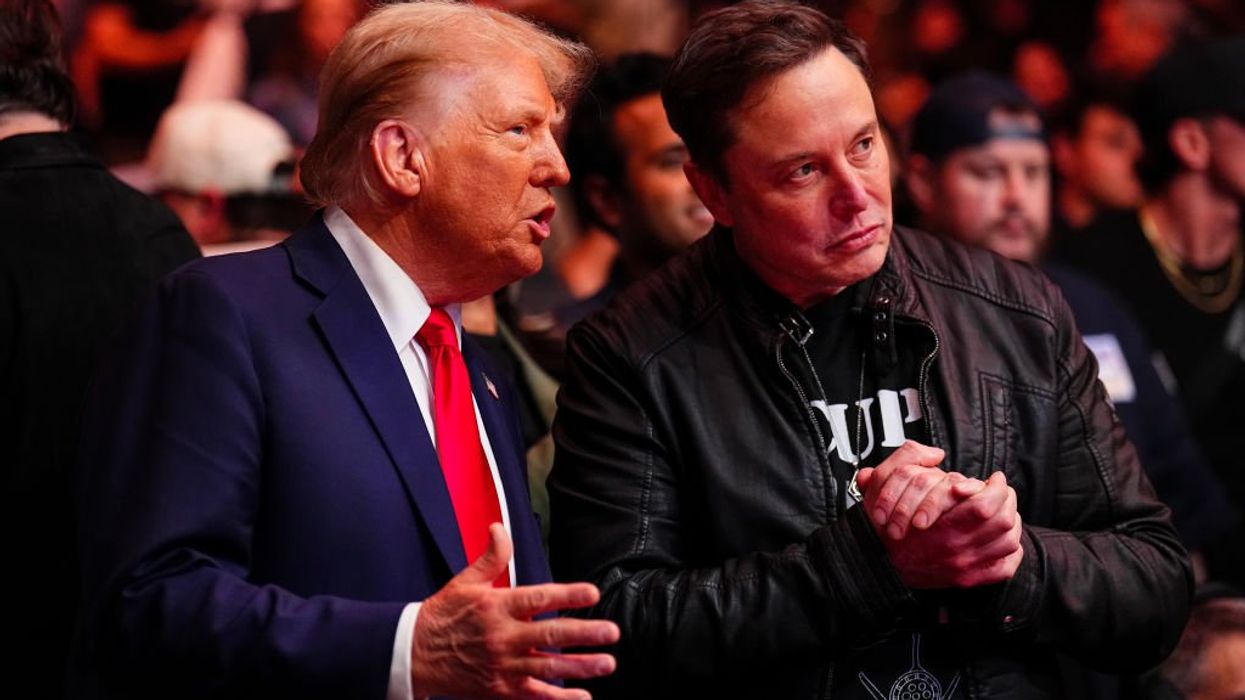In June of 2017, Elon Musk, the Chief Executive Officer of Tesla, abruptly left the White House advisory council on manufacturing after U.S. President Donald Trump said he would withdraw the United States from the Paris climate accord.
Despite the pleas from many U.S. allies and corporate leaders, Trump went ahead and withdrew at the start of his first term as President.
President Biden wasted no time rejoining the Paris Agreement on his very first day in office, January 20, 2021, and officially became a party to the agreement one month later.
And now four years later, once again Trump has decided to withdraw the U.S. from the climate treaty as he signed a withdrawal from the Paris climate treaty on his first day in office, including a letter to the United Nations explaining the reasons for the withdrawal.
It is interesting to note that there are no public comments from one of his strongest allies, Elon Musk, on the withdrawal from the accords.
This is somewhat surprising given that Musk strongly believes in global warming. For many years he has consistently voiced his concerns about climate change and its impact on humanity, and has stated that “climate change is the biggest threat that humanity faces this century, second only to artificial intelligence.” He has also repeatedly emphasized the importance of transitioning to sustainable energy to combat this crisis.
As the leader of Tesla, Musk's long commitment to sustainability is well known given Tesla’s focus on electric vehicles and clean energy, plus his funding initiatives like the XPRIZE Carbon Removal program.
Furthermore, Musk believes that the transition to sustainable energy needs to happen as quickly as possible, emphasizing that the world needs to move away from fossil fuels and transition to renewable energy sources urgently to mitigate the effects of climate change.
In contrast, Donald Trump has made several remarks about global warming referring to climate change as a "hoax" and has questioned the scientific consensus on the issue. On many occasions, Trump has criticized climate policies, emphasizing economic growth and energy independence over concerns of climate change.
This is in stark contrast to Musk, who has also highlighted the economic opportunities that come with transitioning to renewable energy and his belief in prioritizing sustainability. His stance remains clear: addressing climate change is not just an environmental necessity but also an economic opportunity.
Whether their differing viewpoints on climate change will surface into public disagreement remains to be seen. Musk certainly isn’t adverse to expressing his opinion, as he did two days after Trump was inaugurated when he voiced doubts about President Trump’s newly announced infrastructure plan for AI, claiming technology companies behind the effort do not yet have the $500 billion needed to finance the project. On his platform X, he wrote “They don’t actually have the money.”
Will the two ultimately clash?
That remains to be seen, but Trump has a history of turning on former supporters when things don’t go his way, so it will be interesting to see how the power dynamics work out in this relationship.
Both men are extremely calculating, and perhaps their mutual interests and the benefits of working together will overcome their differences on certain key policies. Or perhaps ego, trust, or fear of losing control, or just differences in vision and strategies, will destroy the relationship.
Only time will tell.
David Nevins is co-publisher of The Fulcrum and co-founder and board chairman of the Bridge Alliance Education Fund.




















